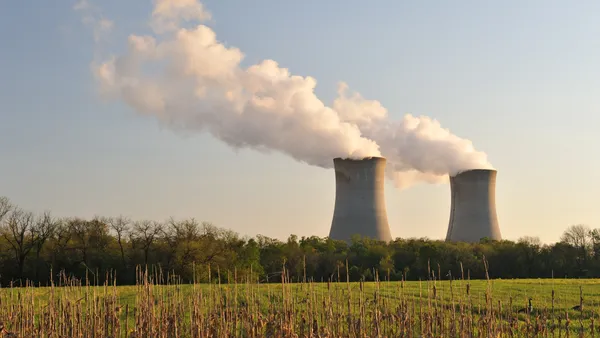Dive Brief:
- Idaho Gov. Butch Otter (R) has signed into law a tax change aimed at helping solar developers spread payments across the life of their projects, and giving surrounding counties a more stable and growing income.
- The change places a 3.5% tax on solar production, but removes a property tax the projects previously paid, according to the Idaho Statesman.
- The tax is higher than on wind and geothermal projects, a move utilities pushed for to set a higher bar for facilities qualifying for contracts under the Public Utility Regulatory Policies Act (PURPA) of 1978.
- Last year, Idaho regulators reduced contract lengths under the federal Public Utility Regulatory Policies Act (PURPA) from 20 to 2 years over the objections of renewables developers who said the change would slow clean energy projects in the state.
Dive Insight:
The Idaho Statesman reports Gov. Otter signed the tax legislation last week, a change that appears to have something for everyone.
Under the bill, solar producers get to more evenly spread tax payments, and counties get inreasing tax revenues. The production tax eases the upfront tax burden on developers; wind and geothermal have a similar arrangment, but their tax burden is slightly lower at 3%, the news outlet reports.
There are currently as many as seven solar projects being developed in Idaho, the Statesman reports.
Changes to PURPA contract requirements were made last year, as utilities said they had an overflow of qualifying facilities in the queue. While renewables advocates said they thought shorter contract lengths would deny projects needed certainty, regulators instead though the agreements would help better align costs and prices.
First, the Idaho Public Utilities Commission reduced contract lengths from 20 to five years, and then down to two.
PURPA contracts ensure utilities get their power from a diversity of sources, but last year Idaho Power claimed that it had more than 1,300 MW of qualifying solar capacity seeking interconnection, on top of 400 MW already approved. PacifiCorp, operating as Rocky Mountain Power in eastern Idaho, joined the case and told regulators it had more than 275 MW of projects seeking contracts.
“The utilities all have ample amounts of PURPA on their systems and additional renewable generation is in the queue,” the PUC said in its decision. Shorter contracts means the power price “becomes a truer reflection of the actual costs avoided by the utility and allows QFs and ratepayers to benefit from normal fluctuations in the market.”















